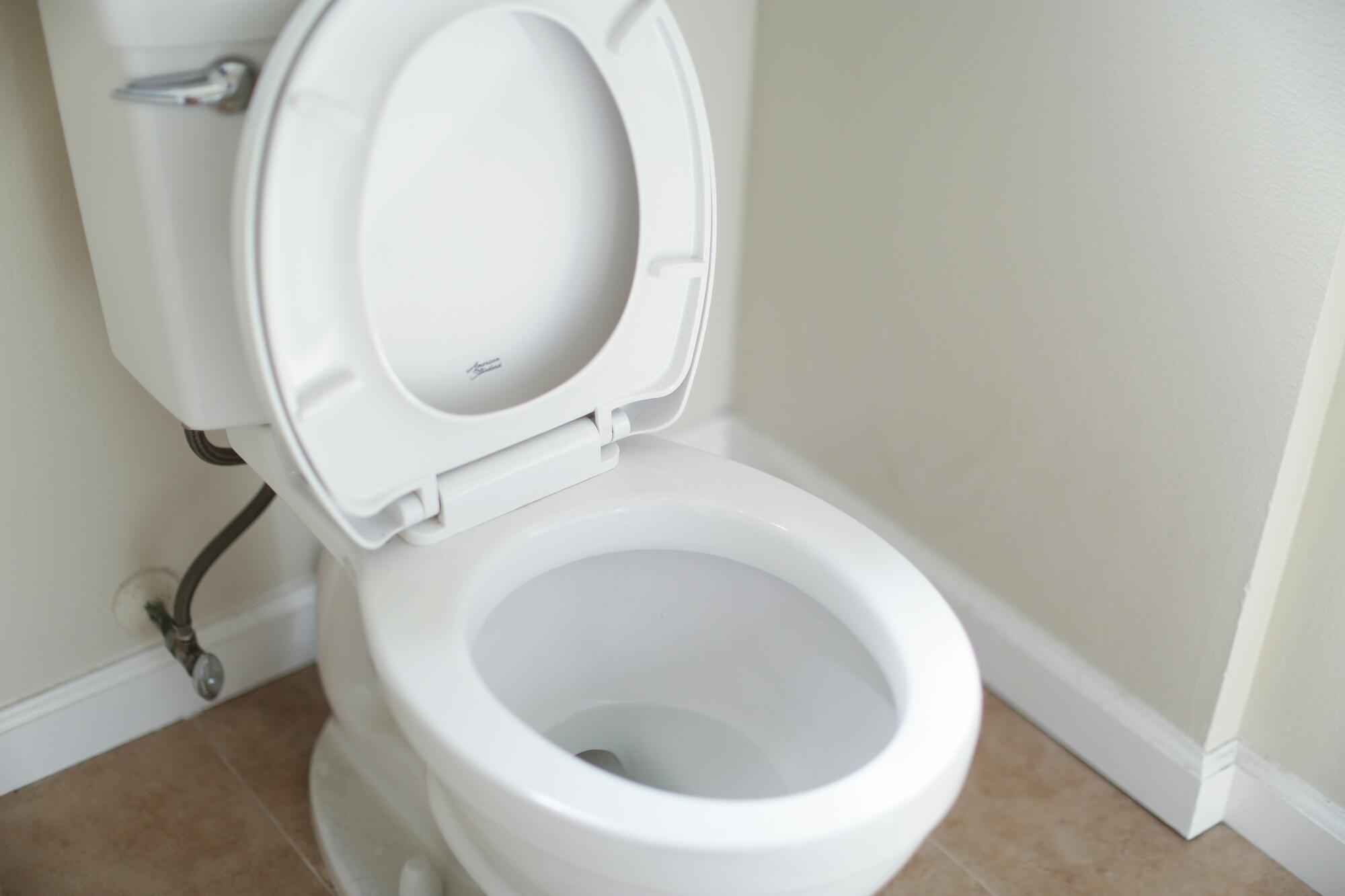
“I Have No Sex Drive, and It’s Ruining My Relationship.” Here’s What You Can Do

“I have no sex drive, and it’s ruining my relationship.” If you’ve ever thought this, you’re not alone. Most people experience a mismatch in their sexual desire at some point in their relationship.
In fact, around 51% of men want to have sex daily, while only 7% of women do. The problem is that it can start to impact your romantic relationship.
Not being on the same page regarding sex can lead to stress and anxiety, and low self-esteem. That’s why it’s important to identify what’s causing your low sex drive. From there, you can begin to identify ways to increase your libido.
Are you ready to address your sexual health concerns? Keep reading to learn more about rekindling your desire.
How Different Sex Drives Impact Relationships
It’s no secret that sexual compatibility plays a crucial role in the success of any romantic relationship. When partners have different sex drives, it can create tension and frustration, leading to feelings of rejection or inadequacy.
The partner with the higher libido may feel unfulfilled and desire more intimacy. The other with the lower libido may feel pressured or guilty for not meeting their partner’s needs.
These differences in sex drive can lead to misunderstandings and conflict between partners. One person may interpret their partner’s lack of interest as a sign of disinterest or loss of attraction, further exacerbating feelings of insecurity within the relationship. This dynamic often creates a vicious cycle where both partners become increasingly dissatisfied and disconnected from each other emotionally and physically.
In addition, having mismatched libidos can also impact overall relationship satisfaction beyond just sexual intimacy. It can affect:
- Communication patterns
- Emotional connection
- Overall happiness within the partnership
Partners may begin to question their compatibility and wonder if they are truly meant to be together.
The key here is understanding that different sex drives don’t necessarily mean there is something inherently wrong with either partner or the relationship itself. It’s important to approach this issue with empathy, compassion, and open-mindedness to find solutions that work for both individuals involved.
“I Have No Sex Drive, and It’s Ruining My Relationship:” Understanding Low Sex Drive
Low sex drive refers to a lack of interest or desire for sexual activity. You may find yourself disinterested in initiating or participating in sexual encounters with your partner. It’s important to note that having a lower level of sexual desire compared to others is not uncommon and does not mean there is something wrong with you.
When it comes to our sex lives, we all have different desires and needs. Understanding what causes potential sexual dysfunction is the first step toward finding solutions and improving your relationship.
Stress and Fatigue
It’s no secret that stress and fatigue can take a toll on our bodies, including our desire for intimacy. When we’re overwhelmed with work or personal issues, it’s not uncommon for our sex drive to plummet.
Hormonal Imbalances
One common cause of low sex drive is hormonal imbalances. Fluctuations in hormones, such as testosterone and estrogen, can affect your libido. This imbalance can be due to factors like aging, medical conditions, or certain medications.
Relationship Problems
The state of your relationship plays a significant role in your sex drive. If there are unresolved conflicts or emotional distance between you and your partner, it can negatively impact your desire for physical intimacy.
Mental Health Issues
Conditions like depression and anxiety can greatly dampen sexual desire. These mental health challenges often come with symptoms like decreased energy levels and feelings of low self-worth – all factors that contribute to a diminished sex drive.
Medications and Medical Conditions
Certain medications used to treat chronic illnesses may have side effects that reduce libido as well. Additionally, medical conditions such as diabetes or cardiovascular disease may also impact sexual function, leading to a decrease in sex drive.
Diagnosis and Treatment Options for Low Sex Drive
If you’re struggling with low libido, speaking to a healthcare professional may help. They can help rule out any medical conditions or medications that may be contributing to your diminished desire. Blood tests may also be conducted to check hormone levels and identify any imbalances.
Once you have a diagnosis, you can begin to explore treatment options. In terms of treatment, there are several routes you can explore.
Hormone Treatment
If your hormones are causing your low libido, hormone therapy may be recommended. This can include estrogen or testosterone treatment to help regulate and balance hormone levels.
Counseling
Sometimes, underlying psychological issues can contribute to a decreased sex drive. A therapist or counselor can help you work through these issues and improve your overall well-being and sexual desire.
Medications
In some cases, antidepressants or other medications may be prescribed to help with low libido. However, it’s important to note that these medications can have side effects and should only be taken under the guidance of a healthcare professional.
Lifestyle Changes
Making changes to your lifestyle can also have a positive impact on your libido. Eating a healthy diet, exercising regularly, managing stress, and getting enough sleep can all help improve your overall health and increase sexual desire.
Communication With Your Partner
Open communication with your partner about your feelings and desires is crucial to maintaining a satisfying sex life. Discussing any concerns or preferences can help improve intimacy and bring you closer together.
Manage Your Sex Life With Affordable Solutions
Are you stuck thinking, “I have no sex drive, and it’s ruining my relationship?”
Navigating a low sex drive can be incredibly challenging, especially when it starts to impact your relationship. Communication and understanding are key in addressing this issue with your partner.
Remember that you are not alone. Many individuals experience fluctuations in their sexual desire at some point in their lives. There are treatments available, including medications.
At Kiwi, we’re committed to making sure you get top-quality, affordable health products delivered right to you. We’re also backed by a pharmaceutical company that’s been in the industry for over 40 years.
Start saving up to 50% and experience the difference. Shop sexual health medications now!

